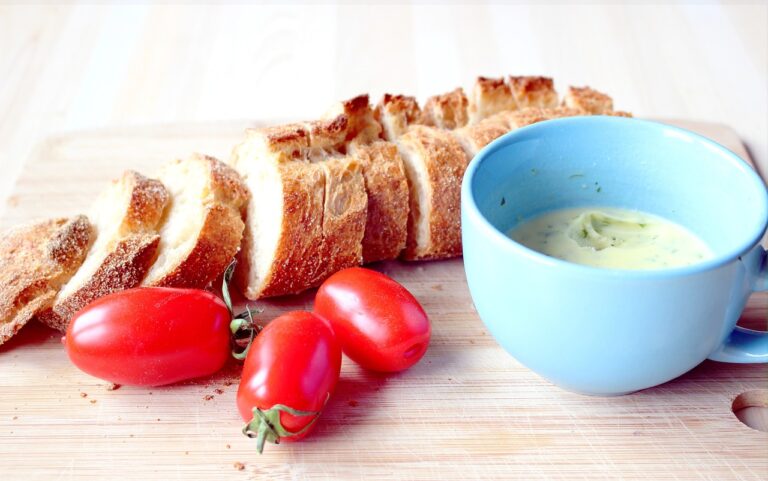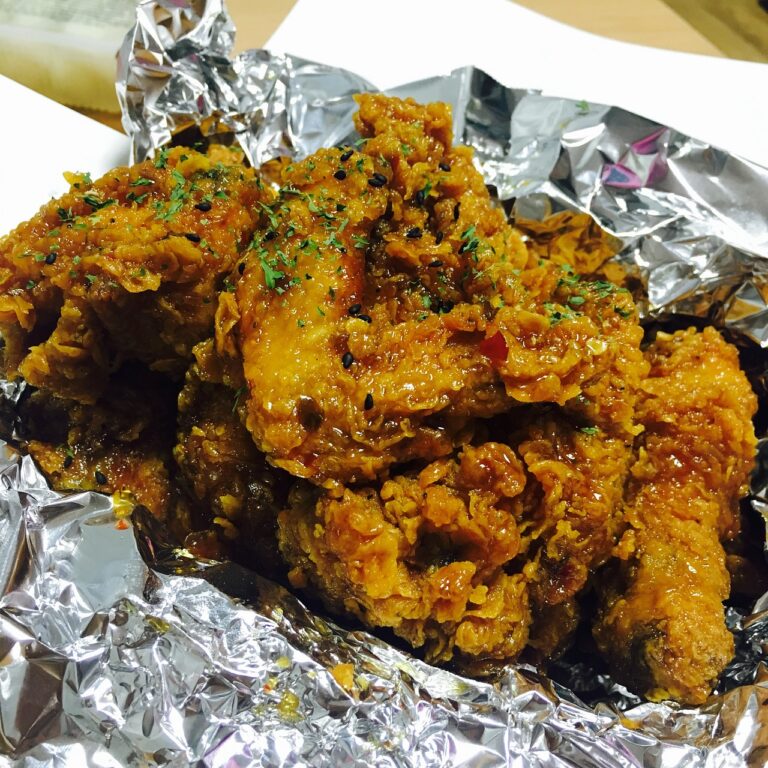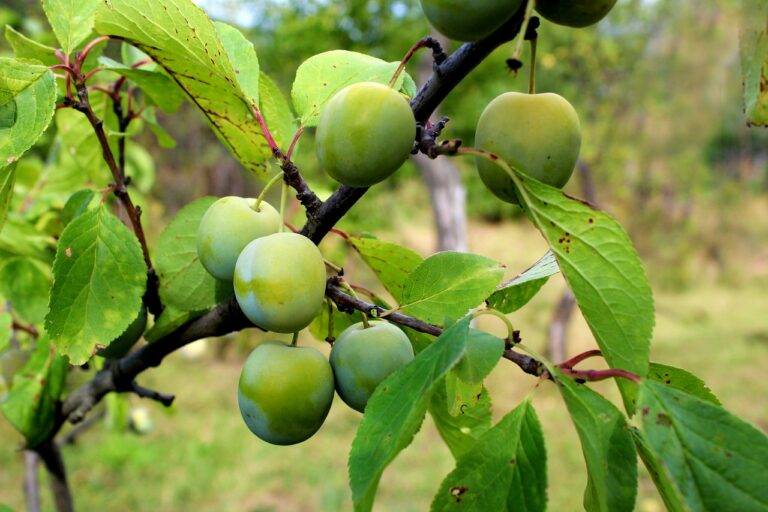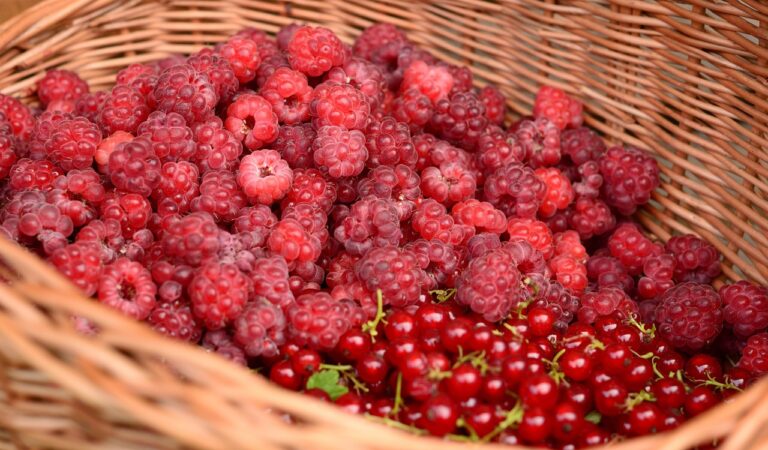Exploring the Role of Food in Building Community
Food has always played a central role in human society, serving as a source of nourishment, pleasure, and cultural identity. Beyond its basic function of providing sustenance, food has the power to bring people together, build connections, and foster a sense of community. In this article, we will explore the multifaceted role of food in building community, from communal dining traditions to food-focused events and initiatives that promote social cohesion.
The Power of Food to Connect People
Food has a unique ability to transcend cultural and social barriers, bringing people together in a shared experience of eating and enjoying a meal. Whether it’s a family dinner, a potluck with friends, or a community barbecue, food has the power to create a sense of belonging and strengthen bonds between individuals.
Community Dining Traditions
Throughout history, communal dining traditions have played a vital role in bringing people together and nurturing a sense of community. From ancient feasts and religious ceremonies to modern-day potlucks and community meals, sharing food has been a universal way for people to connect and celebrate their common humanity.
Food and Cultural Identity
Food is deeply intertwined with cultural identity, reflecting the history, traditions, and values of a particular group of people. By sharing and celebrating their unique culinary heritage, communities can strengthen their cultural identity and foster a sense of pride and belonging among members.
Community Gardens and Food Initiatives
In recent years, community gardens and food initiatives have emerged as powerful tools for building community and promoting social cohesion. By bringing people together to grow, harvest, and share food, these initiatives create opportunities for collaboration, learning, and mutual support.
Food-Focused Events and Festivals
Food-focused events and festivals provide another avenue for fostering community connections and celebrating the diversity of culinary traditions. From farmers’ markets and food trucks to food and wine festivals, these events bring people together to enjoy and appreciate the richness of their local food culture.
Conclusion
Food plays a central role in building community, serving as a common bond that connects individuals and fosters a sense of belonging and connection. By coming together to share meals, celebrate traditions, and support food initiatives, communities can strengthen their social fabric and create a more vibrant and inclusive society.
FAQs
Q: How can I get involved in community food initiatives?
A: There are many ways to get involved in community food initiatives, such as volunteering at a community garden, participating in a local food pantry, or joining a community-supported agriculture (CSA) program. Check with local organizations and community groups to find opportunities to contribute to food-focused initiatives in your area.
Q: What are some benefits of participating in communal dining traditions?
A: Participating in communal dining traditions can provide a sense of connection and belonging, foster relationships with others in the community, and create a shared experience of joy and celebration. Sharing a meal with others can also promote a sense of unity and cooperation among individuals.
Q: How does food contribute to cultural identity?
A: Food is an integral part of cultural identity, reflecting the history, traditions, and values of a particular group of people. By celebrating and sharing their unique culinary heritage, communities can strengthen their cultural identity and promote a sense of pride and belonging among members.







